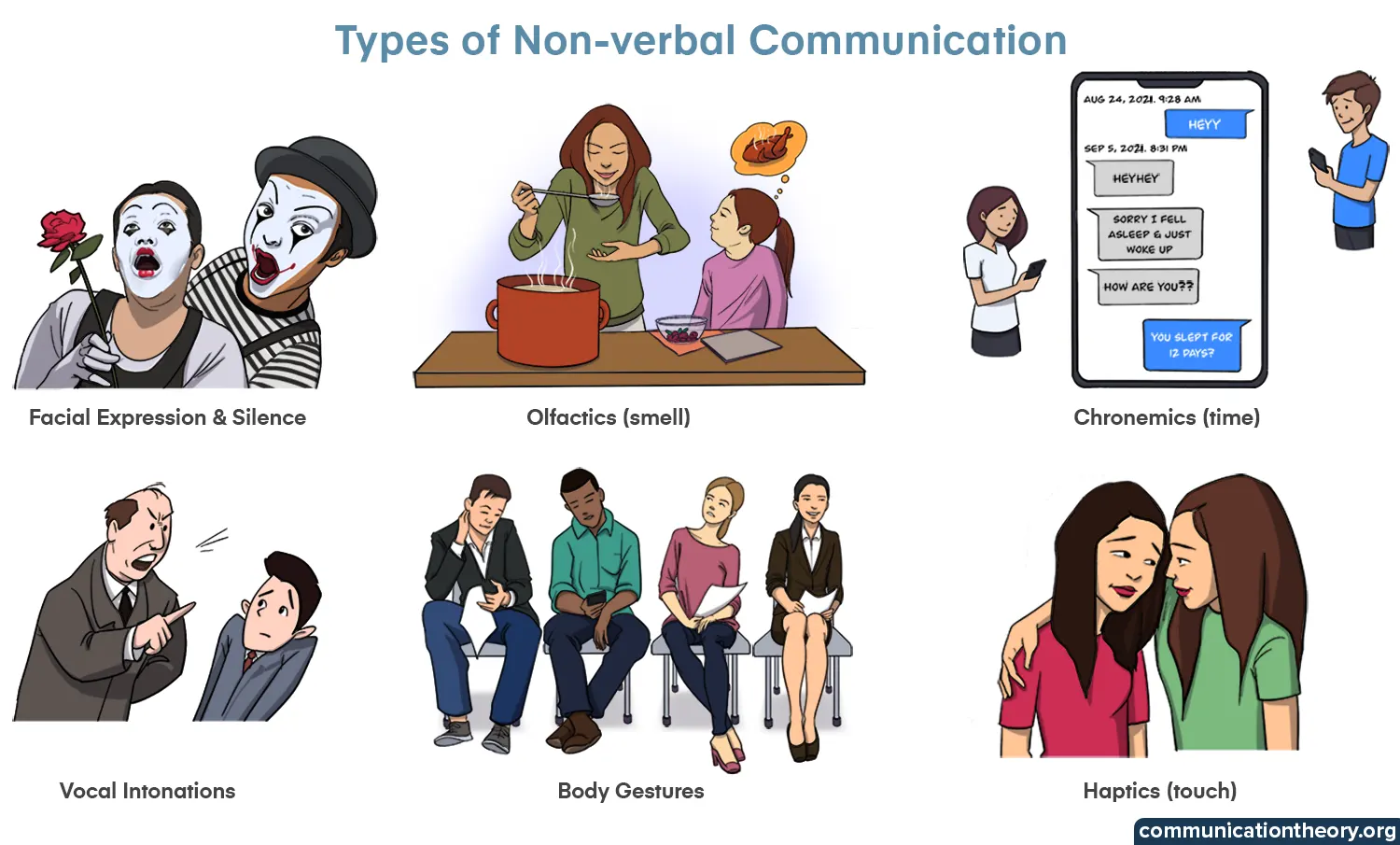Or more simply, How does verbal and visual / non-verbal communication work (or not work)?
When: Thursday, May 29th at 6pm
Where: Bonsai Brewery, outdoor picnic tables, in Whitefish
a. “In a Station of a Metro" by Ezra Pound (poem in full):
The apparition of these faces in the crowd: Petals on a wet, black bough.
b. A haiku by Mizuta Masahide, 17th-century Japanese poet:
Barn's burnt down --nowI can see the moon.

As mammals we are always using our brains to process all the inputs around us. That is the way we survived. Humans tend to automatically embellish the input with thoughts such as subject, object and stories.
Success and Failure of Visual Communication.
The input might be something you pick up with your eyes (as well as the 4 other senses). The success of visual communication is that direct thoughts inspire direct action. When our ancestors saw a tiger the ancestor said, “It’s a tiger. Run.” Look at Picasso’s Guernica. Or Van Gogh’s Starry Night. They make you want to directly do something. The failure is that sometimes our ancestors died anyway, and ugliness is very difficult to get rid of.
Success and Failure of Verbal Communication
The input might be a verbal memory from your brain (in written or sound form). It always refers to a complicated construct or story and always misses the boat. “That is a beautiful person. I love or hate her, him, they”. Or “Make America Great Again”. The verbiage becomes part of a narrative that you have already stored in your subconscious. It becomes an addiction. Not only is the narrative itself addictive, but getting what you think you want is also addictive. It is a constant story in your mind that keeps repeating itself. It causes stress. The communication triggers both subject and object. The success of verbal communication is that technology has improved. The failure is that we are always on the brink of war. We tend to think the story is real. We get stuck in our minds. We feel stressed. It causes destruction of our environment. It overvalues money.
THE MIND
It takes about 500 msec before we begin to process whatever happens in the “here and now”. At that time the inputs pass through the 6 gates, and we become aware of the thing. This is the beginning of perception. At this point we can go to sleep and grasp at thoughts that come up. Or we can stay awake to whatever arises. In Sleep we react. In Awakeness we savor whatever experience we are having. Meditation is a skill to learn so that we can control our experience rather than being limited to our concepts about it. We learn to dance with Sleep, the conditioned overprotective conceptual framework. Here is a diagram about this:
—--------------------------------TIME—--------------------------------------->
Inputs l A. Awakeness (a human trait)
l Non-conceptual
Percept (raw feel) l Savoring and Calm
l Ornamentation
Grasping l Bliss
Brain Luminosity
6 Gates fires Joy
touch at
smell 500
taste msec. B. Sleep (a robotic trait)
thought Conceptual (Cognition)
sight Agitated
sound Labeling
Construction of identity, “I” and “it”
Reactivity
Jivan








